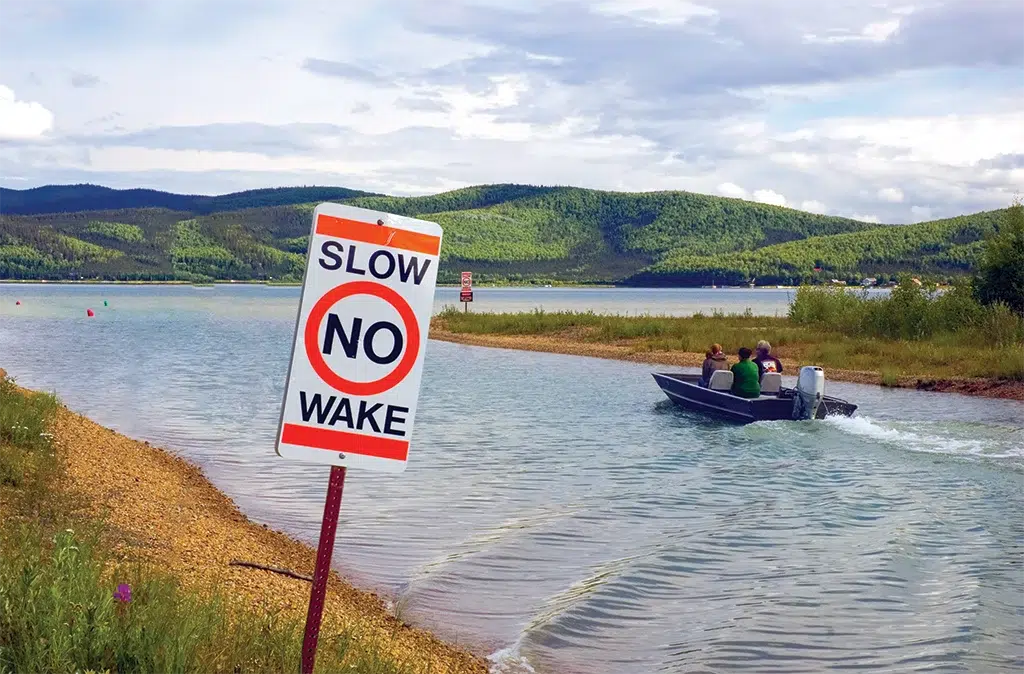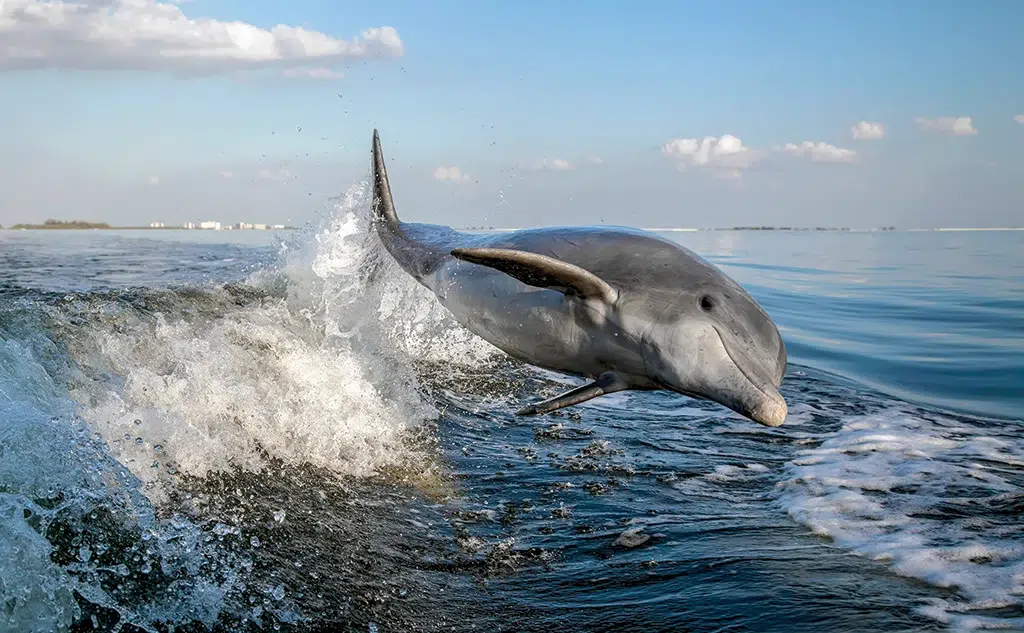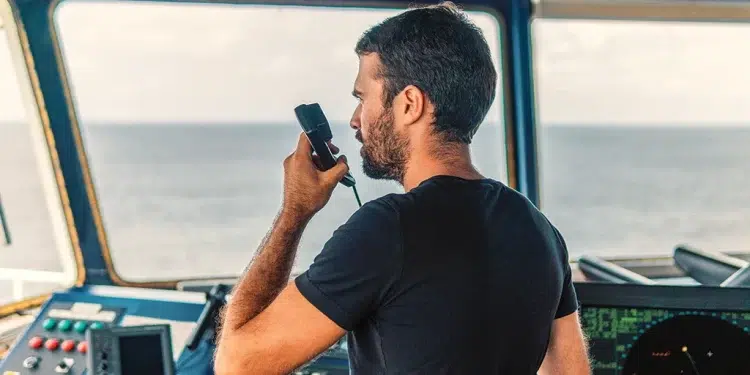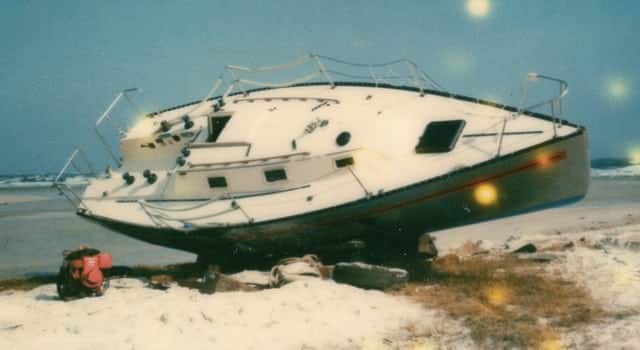Setting the standard for boating safety practices
Boating has long been celebrated as a delightful reprieve from the humdrum of daily routines. With the wind in your hair and the gentle lapping of the water against the boat’s hull, it’s a gateway to a world where serenity is the norm. From quiet lakes reflecting the sky like a vast mirror to tumultuous rivers with their rambunctious currents and the unending horizon of the ocean, every body of water narrates a unique tale. But amid this poetic charm lies a fundamental truth: Boating safety practices and etiquette are non-negotiable. Boating’s true essence shines when every sailor, from the novice to the veteran, prioritizes not just their safety but everyone’s on board and around.
Before You Set Sail: Pre-Departure Safety Measures
The first step to any journey is preparation. For a boater, this means ensuring that the boat is equipped with all the essentials, from the fundamental—a Personal Flotation Device (PFD) for every individual on board—to the advanced, like operational navigation lights, sound signals, fire extinguishers, flares, and a first-aid kit. In the age of technology, a robust communication device, be it a VHF radio or a satellite phone, isn’t just an asset; it’s a lifeline in unforeseen situations.
Nature, in all its majesty, has a whimsical side. Sunny skies can quickly morph into stormy clouds. Thus, it becomes imperative for every boater to keep a sharp eye on the weather forecast. Beyond that, an understanding of local water conditions, the currents, and inherent hazards can make the difference between a serene sail and a perilous predicament.
Knowing your boat is akin to understanding a close friend. Regular safety courses illuminate the nuances of the vessel and the vast waters it treads. But it’s not about one-off lessons. Periodic refresher courses ensure that the sailor remains in tune with the best practices of boating safety.

On the Water: Safe Boating Practices
The waters aren’t the wild west. There are rules, signals, and specific areas designated for particular activities. Recognizing the right of way, understanding boating signals, and adhering to boundaries are cornerstones of safe navigation. A boat isn’t just about propulsion; it’s about controlled, conscious movement.
On the open waters, distractions are a luxury one can’t afford. The ever-changing dynamics require constant vigilance. This not only pertains to the boat’s equipment and systems but also to the surroundings. The waters are a shared space with other boats, swimmers, and marine life. Being observant can prevent many mishaps.
Emergencies don’t announce their arrival. Whether it’s someone accidentally falling overboard or a sudden fire, the key lies in preparation. Having protocols, understanding them, and most importantly, staying calm can change the outcome of many emergency situations.
Subscribe For Weekly Updates
Guardians of the Environment and Wildlife
The waters are our refuge, and they deserve reverence. Adopting eco-friendly products and ensuring that waste finds its rightful place, not in the water, are practices every boater should embrace.
The waters are teeming with life. From dolphins that seem to dance on waves to turtles that epitomize grace, every creature has a right to safety. It’s essential to be conscious of their presence and ensure we don’t intrude on their habitats.
The boat’s wake is more than a trail; it’s an indicator of its impact on the environment. Especially in shallower zones, being mindful of the boat’s speed can safeguard both the marine ecosystem and other vessels.

Stress-Free Docking and Arrival
When you’re coming into a marina basin, you’ll need all your lines and fenders ready. Preparation is key to docking safely, so work with your party on board to tie up and set your bow line, forward and aft spring, and stern line before you head in.
It’s crucial that you communicate with your party and the dock staff appropriately to dock successfully. Make sure you specify which lines you’ll be passing to the dock hands to secure, which should be tied up first, and when you need them to be ready to receive the lines.
Having the lines and fenders stationed and prepared in their correct location before you come into the basin avoids conflict as you’ll be very close to other boats. This way, you don’t have to jockey the boat around or fight the wind while getting your lines and fenders ready.
In essence, boating is more than just navigating waters. It’s about memories etched against sunsets, laughter echoing with waves, and experiences that last a lifetime. Hands-on training sessions, like those provided by leading marinas such as Oasis Marinas, play a pivotal role in enhancing boating safety. Collaborative learning in such environments fosters a community where safety is a shared responsibility. By championing safety, we don’t just protect ourselves but we also ensure that these memories are untainted by mishaps. After all, in the vast expanse of waters, safety isn’t a mere guideline; it’s an unwavering commitment.
-by Nate Moyer
Nate Moyer is the vice president of operations at Oasis Marinas, a leading marina and hospitality and management partner, operating a portfolio of more than 55 properties, 8,000 slips, hundreds of RV pads across 15 states, and caters to more than 13,000 guests annually. For more information, visit oasismarinas.com.















